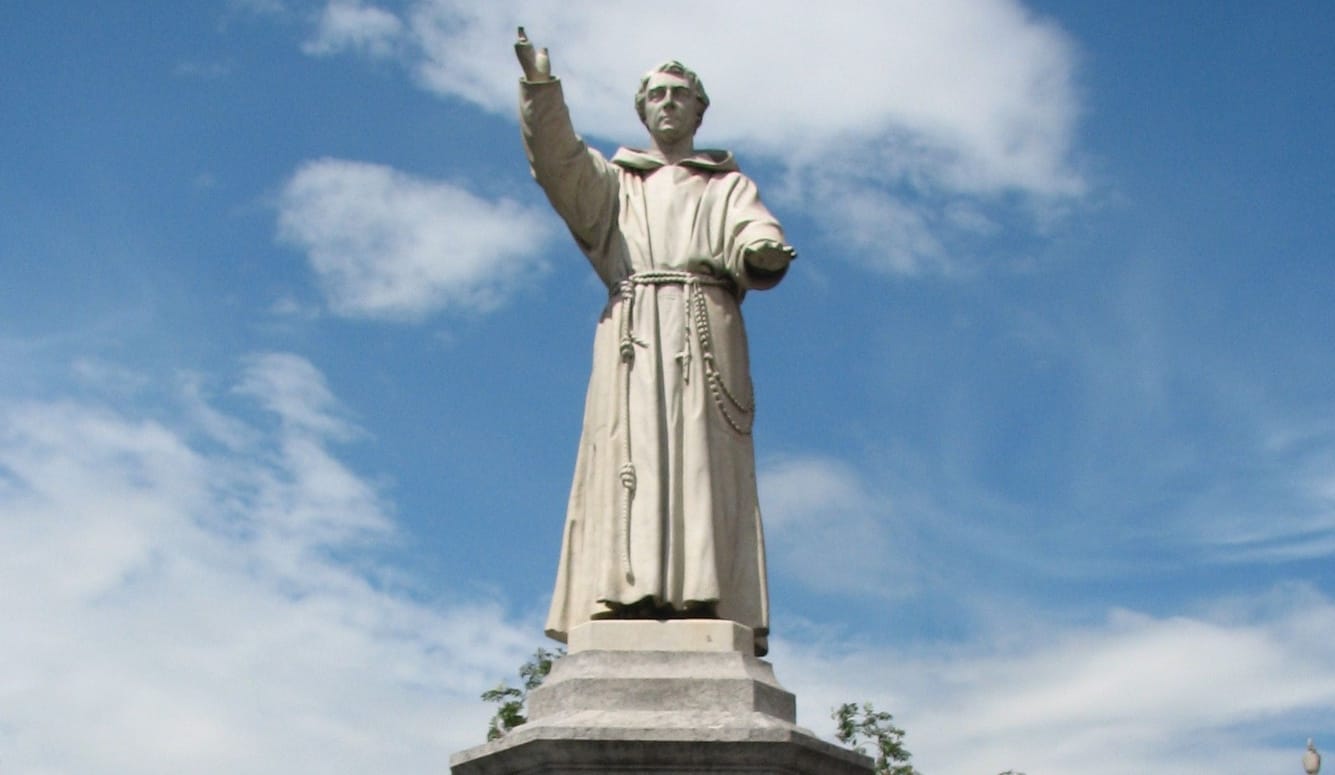Ireland
No Good Deed
In which an unsuspecting Quillette editor strolls Dublin’s historic streets, only to become ensnared in an unwholesome nocturnal intrigue.

Most of Dublin’s popular tourist sites are located south of the River Liffey, the waterway that cuts the city in half as it flows east into the Irish Sea. But if you’re planning a trip, I’d urge you to make time for the north side as well—especially O’Connell Street, a historic thoroughfare that’s witnessed important events connected to the Easter Rising, the Irish Civil War, the 1913 Dublin lock-out, and much else besides.
Within the space of just a few blocks, you’ll find statues celebrating the street’s namesake, nineteenth-century Catholic nationalist (and renowned abolitionist) Daniel “The Liberator” O’Connell (1775–1847); trade union leader James “Big Jim” Larkin (1874–1947); and newspaperman Sir John Gray.
There’s also a soaring pin-like monument called the Spire of Dublin. I found it to be quite striking, even if derisive locals, taking a dimmer view, refer to it as the “Stiffy by the Liffey.”





